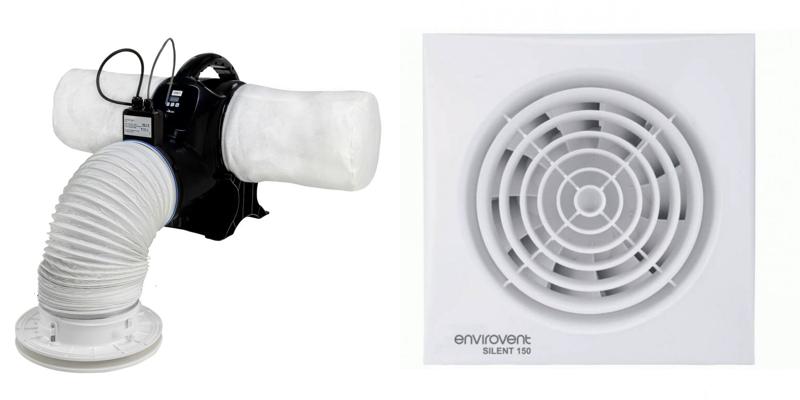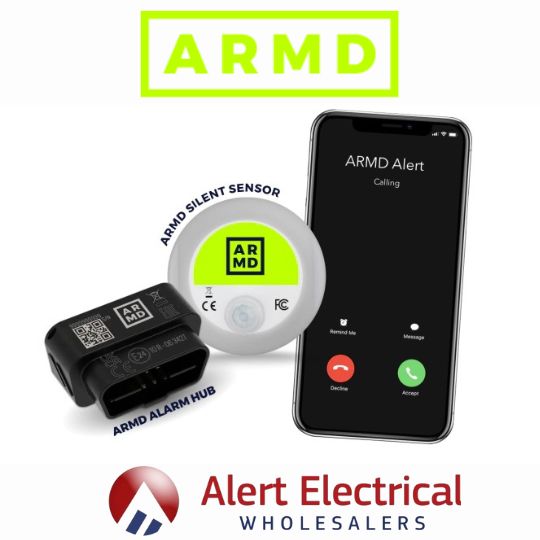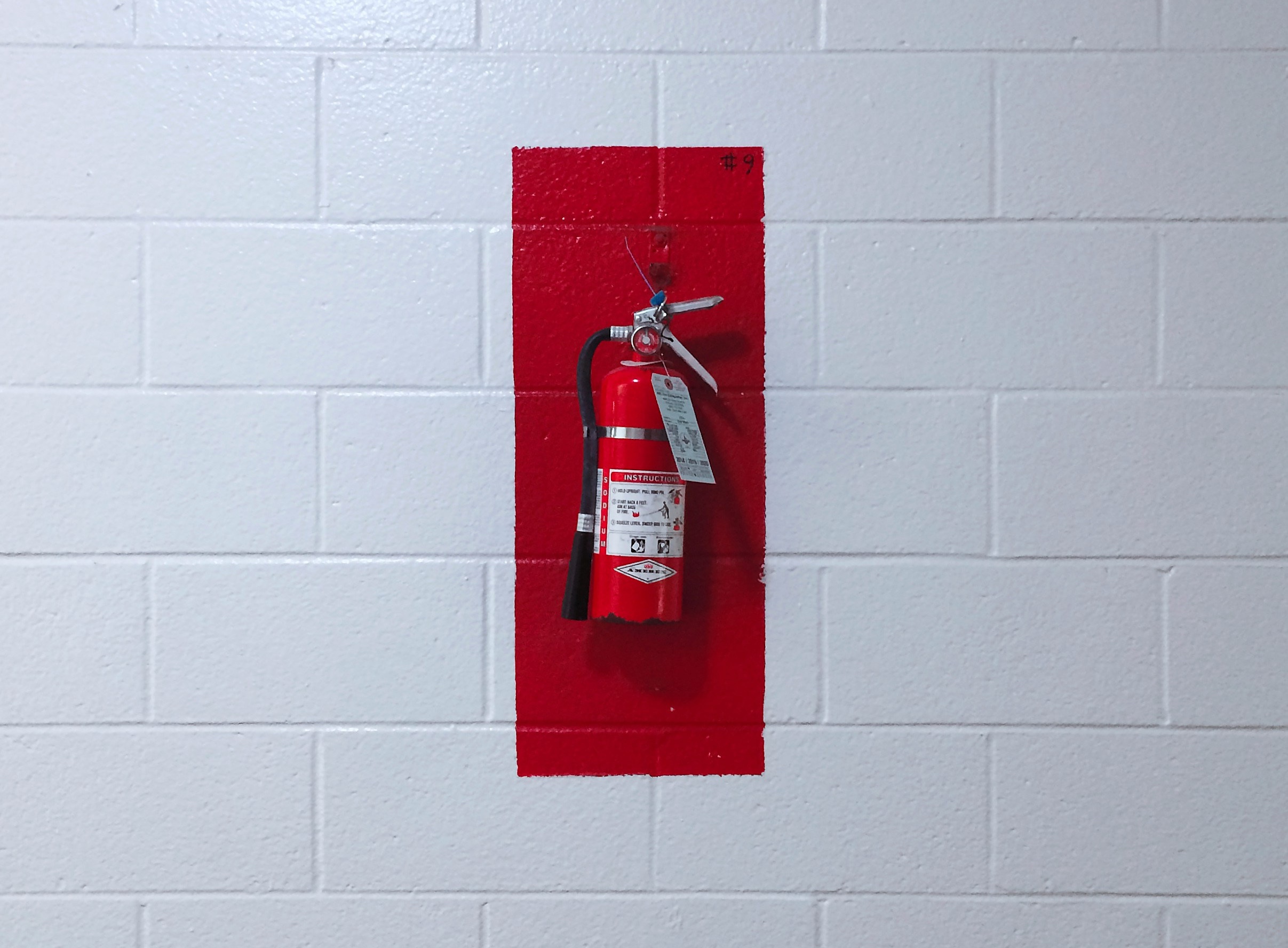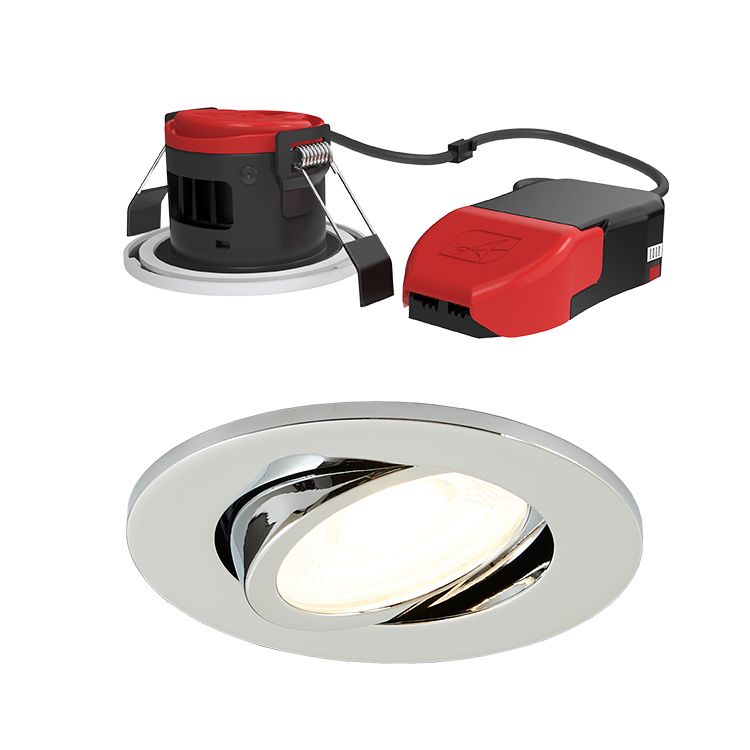Which smoke alarms and detectors are the best for you?

Fire and Rescue Services (FRS) had to attend 577,053 incidents in the year ending March 2022. That was an 11% increase compared to the previous year according to Government statistics.
Smoke detectors are one of the most important parts of your property. Whether it's commercial or your home, making sure that you're protecting your property and the people in it should be paramount.
A house can be engulfed in flames in as little as 4 minutes in the right conditions which means, in theory, you have 4 minutes to react. That means collecting loved ones or colleagues, maybe (although it's not advised) a belonging or two, all in a matter of minutes.
Some alarms are a no-brainer, having a smoke alarm can help to save your life. They sound the life-saving alarm giving you time to get outside and call emergency services.
So the question shouldn't be whether or not you should install smoke alarms, it should be which type of smoke alarms you should choose.

What types of smoke alarms can I choose from?
Choosing the right smoke detectors and alarms for your situation is an important decision so being informed is a key.
There are a few different types of smoke alarms that you can choose from, and each of them has its benefits. Some are better suited to certain environments so it's important that you find out which would be best for your needs.
1. Ionisation smoke alarms
Ionisation smoke alarms are really favoured anymore. They used to be an industry leader but regulations brought into effect in 2020 means that they're not as popular as they used to be.
this type of alarm uses a small electrical current created by a harmless radioactive element. When smoke is present, it will stop the electrical current which in turn, sounds the alarm. They're not banned, they're still in use in some homes but with new technology, many tend to choose other solutions.
These alarms are often the cheapest options and they're great for detecting fast-burning fires but they are susceptible to being set off when cooking or smoking.
2. Optical smoke alarms
Optical refers to the subject of light, and in this case, it's no different. Optical smoke alarms use infrared to detect smoke in the air. It uses infrared light and sensors to 'see' if there is smoke present, if there is, the smoke will block the infrared light.
This type of smoke alarm has its benefits; they're less likely to be activated but steam or smoke while cooking. They're good for fires that are slow-burning and create a lot of smoke.
The drawback is that while they're less likely to go off when cooking (which makes them great for in the kitchen), they are less sensitive to fast-burning fires. A fast-burning fire can spread quickly before it fills a room with smoke.
The cost of an optical smoke alarm can vary, they're usually more expensive than ionisation smoke alarms. However, they are often cheaper than multi-sensor smoke alarms.
3. Heat alarms
While not strictly a smoke alarm, heat alarms are often used in their place. Heat alarms work by using a thermostat built to be incredibly accurate. This thermostat is designed to constantly measure the temperature of the air. If the air around the heat alarm reaches higher than 58 degrees, the alarm is activated.
Using a heat alarm means that there is very little chance of a false alarm which is great, however, they won't detect a fire as fast as an optical or ionisation alarm. This means that you might want to pair this style of alarm with one of the above.
In terms of the cost, depending on the brand you go for, a heat alarm is a similar price to that of an optical alarm, if not slightly more.
4. CO Carbon monoxide detectors
While a CO detector also isn't strictly a smoke alarm, they are an important part of keeping you safe. Cardon Monoxide (CO) is colourless and has no smell which means that it can go almost undetected by a human. The alarm works by detecting CO using a chemical reaction. This means that there is no chance of a false alarm.
when inhaled, CO blocks oxygen from entering the bloody steam and being carried around the body. Enough CO and this can be fatal however you'll usually experience headaches before it gets to this point.
You can mount a CO detector anywhere in your home, most people will do so close to their boilers if they have one.

Multi-Sensor alarms
Multi-sensor alarms are one of the best options for almost any type of space. This type of alarm is designed to include a number of sensitivity points that work together in order to be more reliable and accurate. This means that you get the best of both worlds and take advantage of a reduction in false alarms when installed in a kitchen for example.
This type of alarm can be installed almost anywhere in your home and tends to be one of the best choices available.
Mains-powered smoke alarms (wired) vs battery-powered (wireless)
Once you have decided on the types of smoke alarms and detectors that you'd like to install, the next decision is power. How would you like to power your alarms and detectors? You have two options to choose from, you can either go with batteries (wireless) or mains power (wired).
Either option lends itself to different circumstances and setups so you can choose the right one for you. If, for example, you are stipping your house out, getting it required or having the means to access the cavities in the walls and ceilings, it's worth spending the extra time and getting wired smoke alarms. However, it's worth noting that you will need a qualified electrician to install them for you.
Wired smoke alarms are deemed to be more reliable. This is because they're connected to and powered by the grid at all times. While they tend to have a backup battery that will kick in in the event of a power cut, they are less likely to fail due to lack of power. We'd recommend that you have at least one smoke alarm that's wired/mains-powered so that you have a reliable 'safety net' in the event of a fire and flat batteries.
Wireless or battery-powered smoke alarms are more than okay as long as you stay up-to-date with battery life.
Lithium Batteries
Standard Smoke Alarms: For typical smoke alarms, lithium batteries are designed to last up to 10 years, providing long-term peace of mind without the need for frequent battery changes.
Radio-Interlinked Smoke Alarms: In smoke alarms that are interconnected via radio frequency, lithium batteries generally have a shorter lifespan of around 2 to 5 years, due to the additional power required for maintaining the wireless connection.
Alkaline Batteries
All Smoke Alarms: Alkaline batteries, commonly used in various smoke alarm models, typically need to be replaced annually. They are a more affordable option but require more frequent maintenance to ensure continuous protection.
So, now that you've been given all of the information you need about the different types of smoke alarms you should be able to make an informed decision! Rest assured that you can always mix and match with smoke alarms if you'd like to choose different types for different areas in your property.
A wired/mains-powered multisensor is often a really good choice. We have a range of smoke alarms and multi-sensor alarms available from reputable and reliable brands like Aico, Fire Angel, Hispec, EPS Fireline and more!














